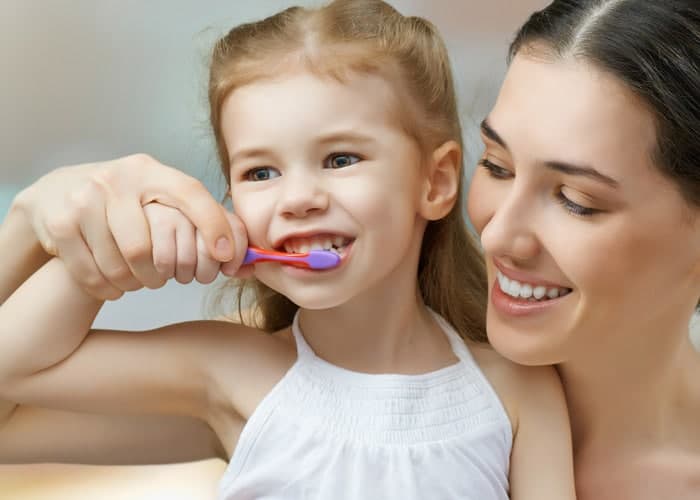Dental Anxiety
Millions of people suffer from dental anxiety, and most of them can trace the roots of this problem back to their childhood. Indeed, fostering comfort with the dental office is something that should begin at an early age.
Tips to Help Dental Anxiety
You can help your child feel better about his or her dental appointments with Meadow Creek Dental in Issaquah by considering the following tips:
- The general recommendation is that a child’s first dental visit should occur at the age of one. Bringing him or her in at an early age is not just a good way to prevent decay, but also a great way to acclimate the child to the experience of being in the dentist office.
- Children have a surprising sense of the emotions of their parents. If you are anxious about visiting the dentist, your child could be picking up on this and learning from your example.
- Present the dentist office to your child with a positive light, but avoid using language like “everything will be alright”. You want to avoid losing your child’s trust if he or she experiences discomfort during your visit.
- Never offer your child a bribe to go to the dentist. Children are smart enough to realize that, when you promise them a reward, there must be something bad to look forward to.


